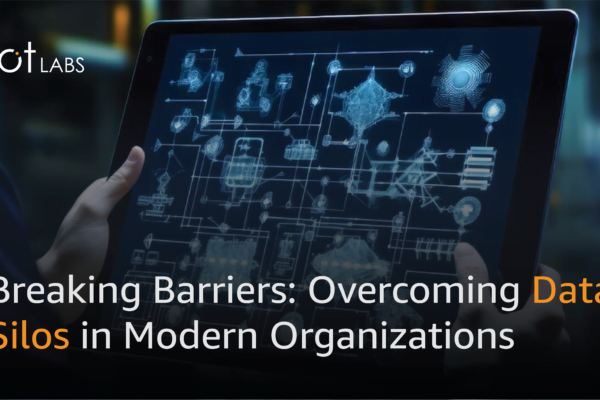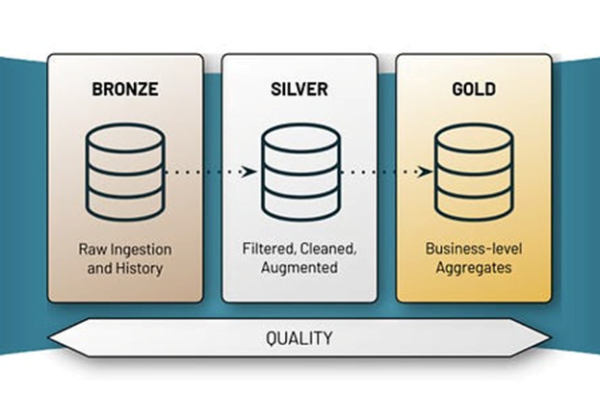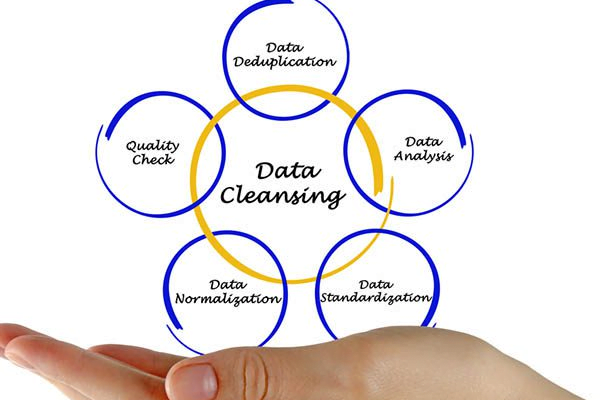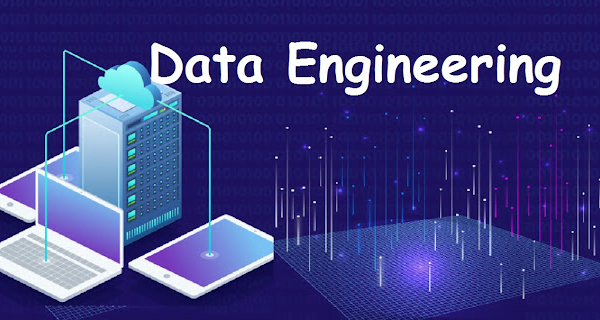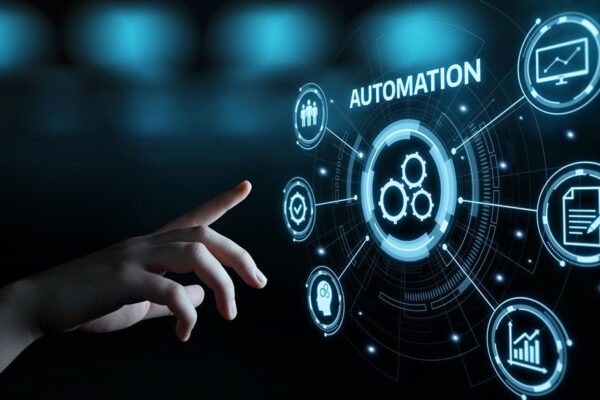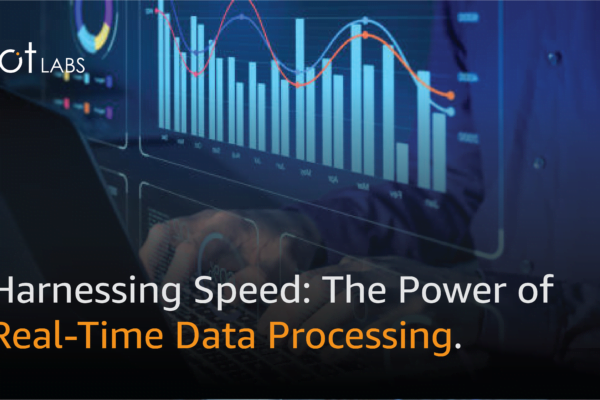
Harnessing Speed: The Power of Real-Time Data Processing.
In today’s fast-paced digital world, real-time data processing is essential. It enables immediate insights and actions, from instant fraud detection in finance to personalized treatment in healthcare and optimized inventory in retail. This shift from traditional batch processing to real-time analysis provides businesses with a competitive edge, allowing swift responses to market changes. Embracing this technology is crucial for any organization aiming to thrive in a data-driven landscape.

